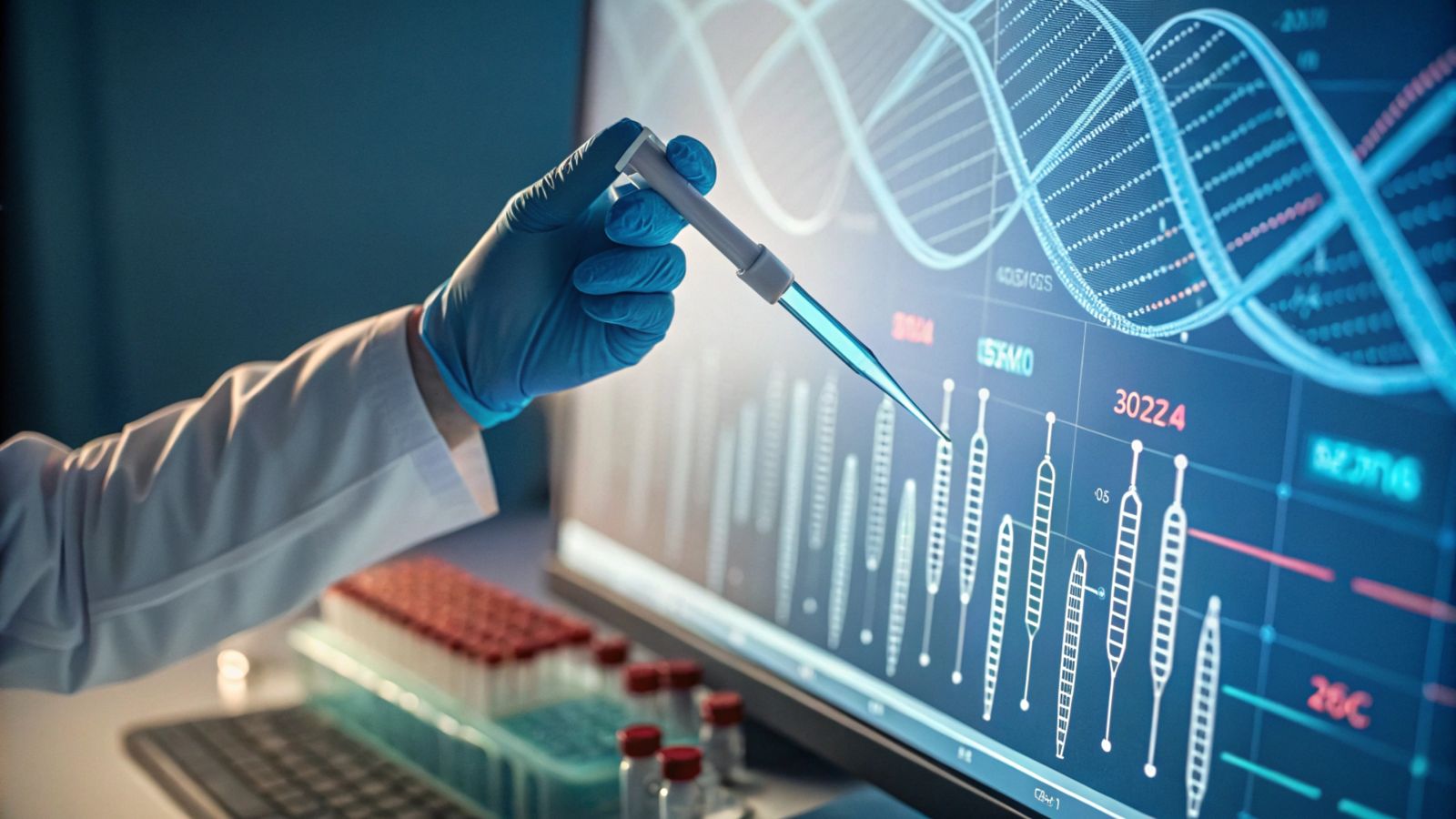🧬 This biological AI accelerates natural selection
Published by Cédric,
Article author: Cédric DEPOND
Source: Nature Communications
Other Languages: FR, DE, ES, PT
Article author: Cédric DEPOND
Source: Nature Communications
Other Languages: FR, DE, ES, PT
Follow us on Google News (click on ☆)
Unlike traditional methods limited to bacteria, PROTEUS operates in mammalian cells, reproducing in weeks a process that would take much longer in nature. This targeted "evolution engine" enables the design of custom molecules tailored to biological challenges.

PROTEUS: a cellular evolution accelerator
The system relies on directed evolution, a technique awarded a Nobel Prize in 2018. PROTEUS adopts this principle while overcoming the limitations of bacterial models. Mammalian cells provide an environment closer to humans, which is crucial for medical applications.
To avoid biases, scientists used chimeric viral particles. This blend of two distinct viruses ensures system stability. The cells thus test millions of molecular variants, selecting the most effective ones.
Results published in Nature Communications show that PROTEUS can refine known biological mechanisms. For instance, it generated an improved version of the rtTA protein, increasing its sensitivity to a drug by a factor of 6. These optimizations demonstrate its potential for fine-tuning therapeutic tools.
Applications: from gene editing to cancer detection
PROTEUS has already produced nanobodies capable of detecting DNA damage, a key cancer marker. A specific mutation (S26P) enhanced their precision in the cell nucleus, as revealed by tests with chemotherapeutic agents.
The system could also improve CRISPR or mRNA vaccines. By adjusting therapeutic molecules directly in human cells, it avoids pitfalls of simplified models. Its open-source nature encourages widespread adoption by the scientific community.
Researchers are now exploring its adaptation to other cell types. Ultimately, PROTEUS could enable targeting specific tissues or diseases, combining speed with physiological relevance.
Going further: what is directed evolution?
Directed evolution replicates in the laboratory the key mechanisms of natural selection - random mutations and selective pressure - but in an accelerated and targeted manner. Unlike natural evolution operating on geological timescales, this technique produces optimized biomolecules in just weeks. Researchers can thus "evolve" enzymes, antibodies or other proteins to give them specific properties.
This approach was transformed by Frances Arnold's work, awarded the Nobel Prize in Chemistry in 2018. Her team demonstrated that protein evolution could be guided to obtain more stable or active industrial enzymes. Today, directed evolution is used to develop biofuels, eco-friendly detergents or more effective drugs.
PROTEUS's major innovation lies in its application to mammalian cells, a far more complex environment than traditionally used bacteria. The system can thus produce molecules perfectly adapted to human biology. This breakthrough paves the way for more precise therapies and more reliable diagnostic tools.